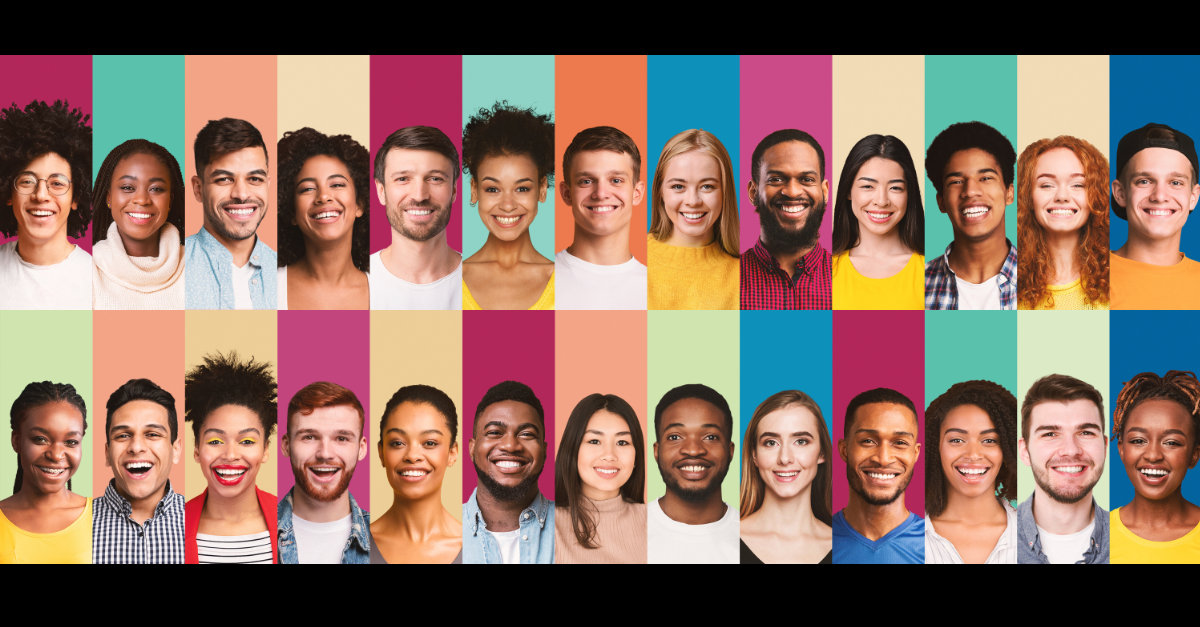
We live in a diverse world and it’s time for ALL individuals to feel they can bring their whole true selves to work. Not only is it the right thing to do, but studies show that when employees feel psychologically safe to show up as their whole, authentic selves, they are more engaged, innovative and productive. Conversely, prejudice prevents people from thriving, worsening our industry’s staffing issues (82% of respondents to the 2024 Pulse of 911, a study we commissioned together with NENA, said they cannot fill open positioning in their centers) by pushing talent away with outdated and discriminatory practices.
For me, as a Black woman and proud former law enforcement employee, this realization hit home in the summer of 2020. After the world watched the murder of George Floyd, and our 9-1-1 centers became epicenters of difficult and uncomfortable conversations, our staff were impacted in ways that most people could not understand.
I experienced my two worlds colliding in ways I never imagined. We felt a sudden and imminent need for guidance, training, on how to navigate the difficult conversations taking place in our centers.
Like many in the industry, I struggled to feel seen, heard, and validated; each person’s struggle being unique.
Challenges We Face
This personal discomfort led me to reflect on the broader challenges faced by others in emergency communications. For instance, feedback from the 2024 Pulse of 911 study, reveals that while women make up 70% of the workforce in emergency communications centers, only 50% reach leadership roles. This gender disparity raises significant questions about the barriers women face and what can be done to address them. Why are so few women in leadership positions, and more importantly, what can we do about it?
We can be intentional about providing access to leadership development resources and training in ways that are equitable. Providing growth opportunities helps to build diverse leadership which can only benefit the organization in the long run.
A quarter of responders from the 2024 Pulse of 911 study also reported that their center’s demographic is not reflective of their community and the vast majority of centers only speak english. How many minorities are struggling to communicate efficiently during an emergency and how much crucial time are we wasting as a result? And how many communities feel underrepresented by their local government entities? Diversity of life experience, thought, and perspective helps employees connect with the callers they speak to in the community they serve. This can also help reduce errors in incident typing when dispatching responders to calls for service.
Honoring Pride Month
And now, as we honor Pride Month, we must seriously consider how our LGBTQ colleagues are feeling in this industry. Are we, as an industry, truly empowering the community to be their true selves at work, have we gotten rid of discrimination in the workplace?
The answer is sadly, no. The discomfort of this realization launched me into action and as the Co-chair the National Emergency Number Association special committee for DEI, I am actively working with colleagues and 9-1-1 leadership, asking the question “how do we build a more equitable culture?”. You see, equity does not only mean everyone gets treated the same. It means providing accessibility for everyone to reach the same goal, even though those resources may be different for each person.
Steps Towards Improvement
To build a more equitable culture, it starts with education and self-reflection. We must expand our cultural competence to better understand diverse perspectives and biases. Policies and training should be enhanced to eliminate discrimination and microaggressions. And authentic conversations on identity allow us to connect human to human.
Our group is making sure that we don’t just talk that talk. We’re tackling:
- Intentionally improving diversity in the association’s leadership and across the organization’s programs and activities.
- Educating members and stakeholders on the importance and benefits of diversity, equity, and inclusion initiatives.
- Developing standards or policies to ensure that 9-1-1 provides bias-free service to everyone.
- Better addressing the unique workplace challenges that minorities face.
- Providing underrepresented populations with increased access to professional education and career-advancement opportunities.
Our committee is meeting fittingly at the tail end of Pride Month at this year’s Nena conference and I’m excited to embrace those difficult conversations with other builders who want to build a better, more inclusive future for the public safety community.